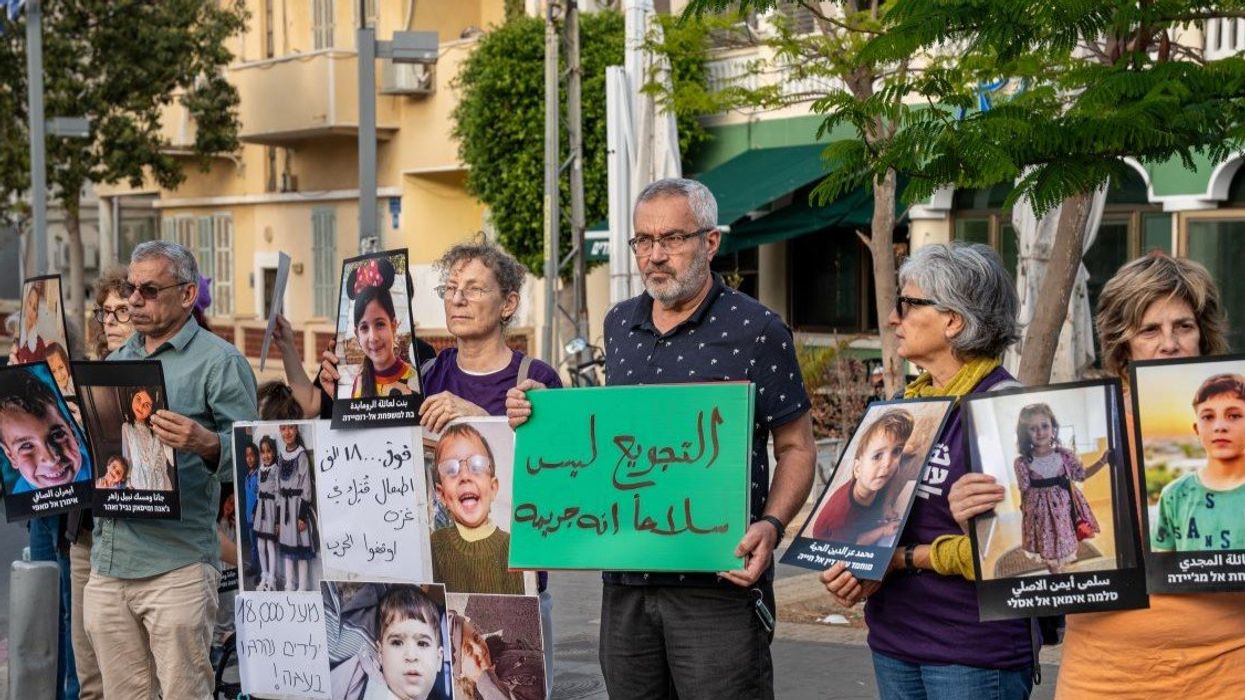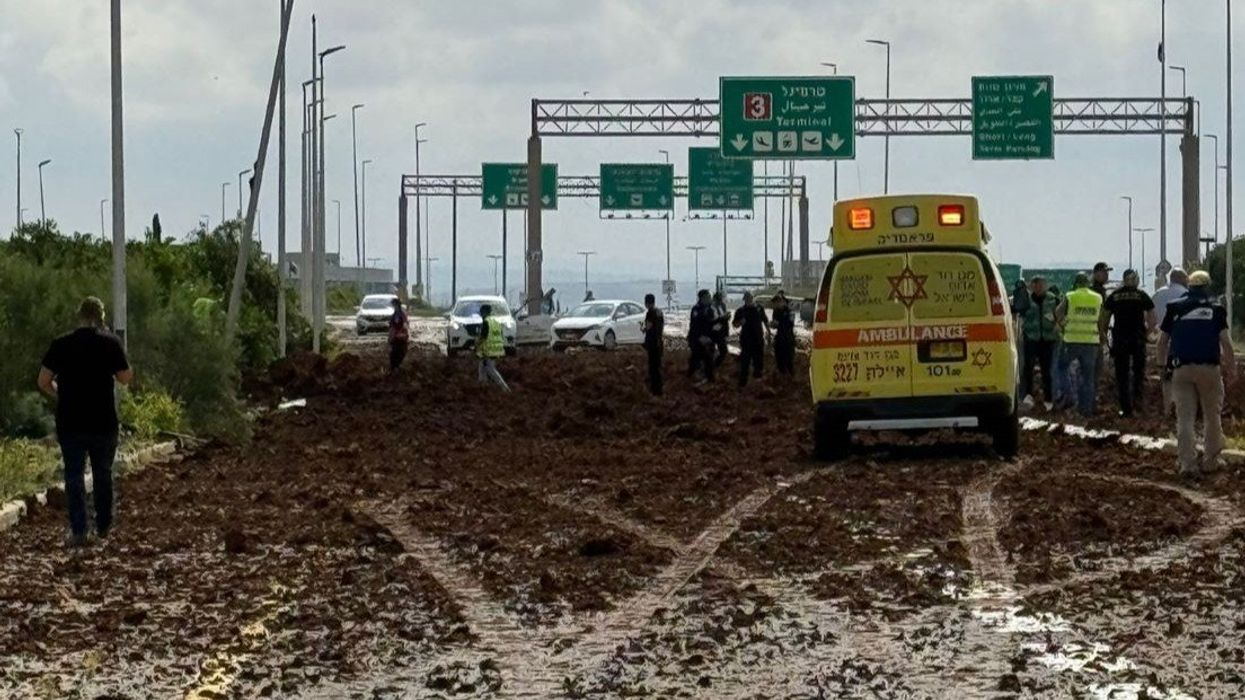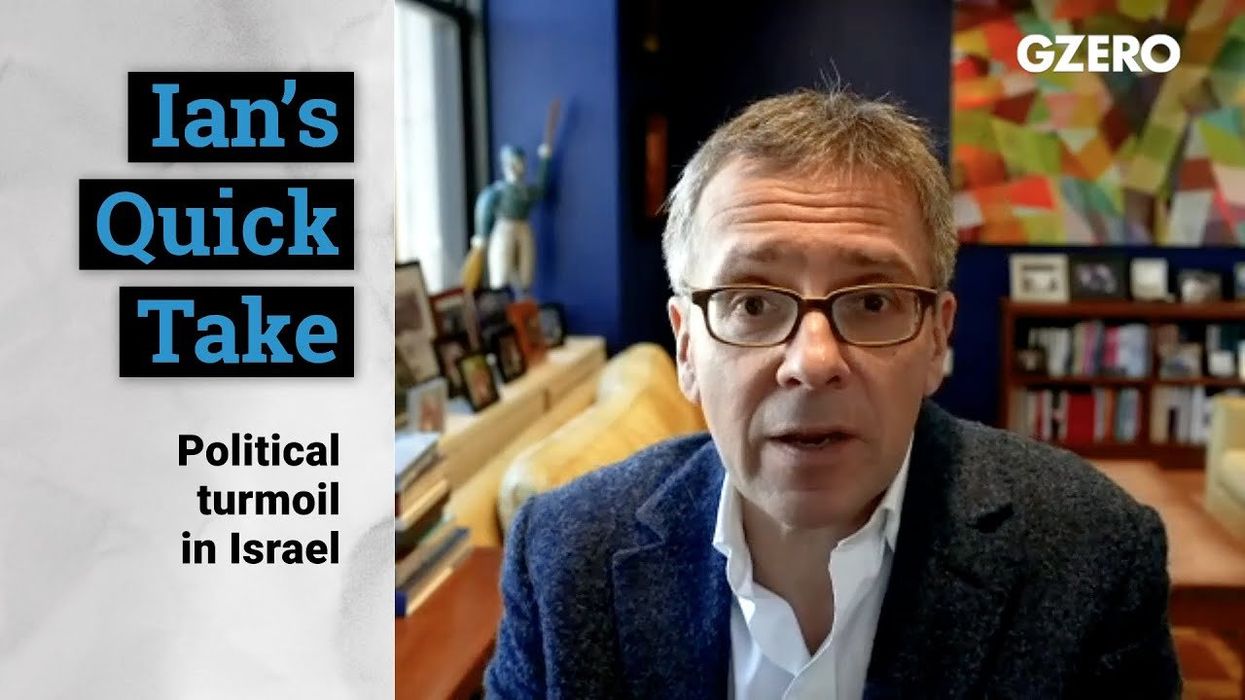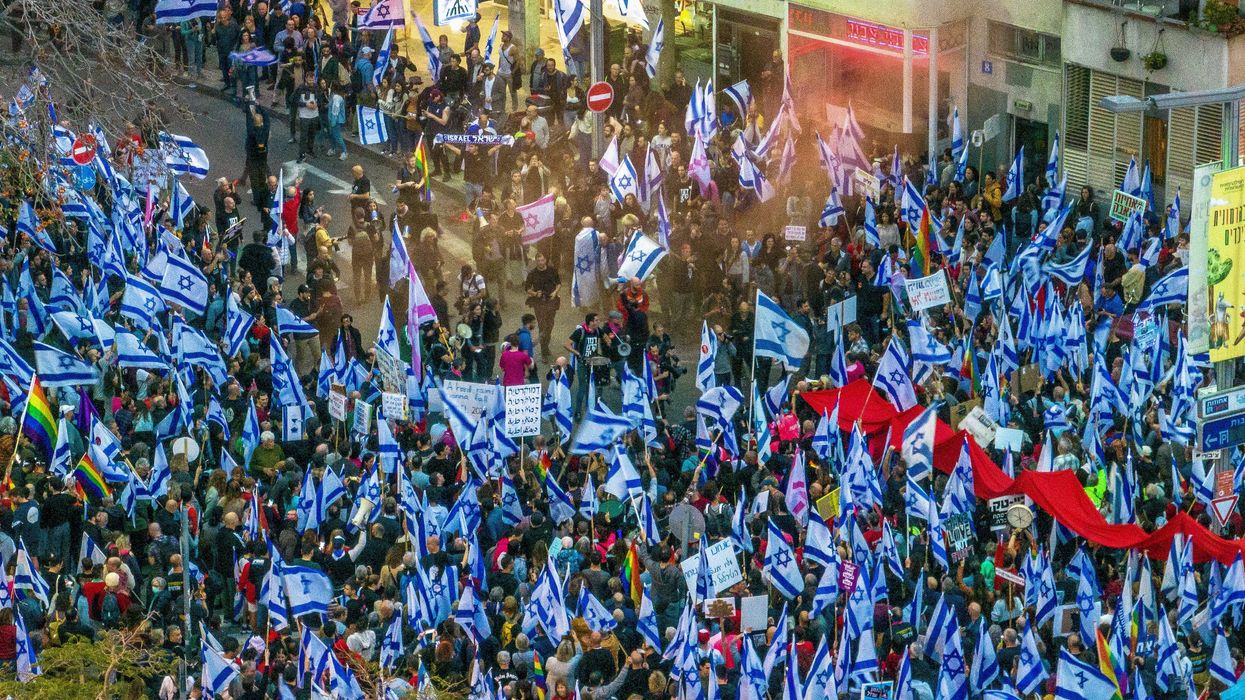Analysis
Israelis hold vigils for children killed in Gaza as government expands war
Tom Zandman, a 36-year-old Jewish Israeli from Jaffa, was once a staunch supporter of Israel’s war in Gaza. But now he says there’s nothing defensible or defensive about it.
May 18, 2025




